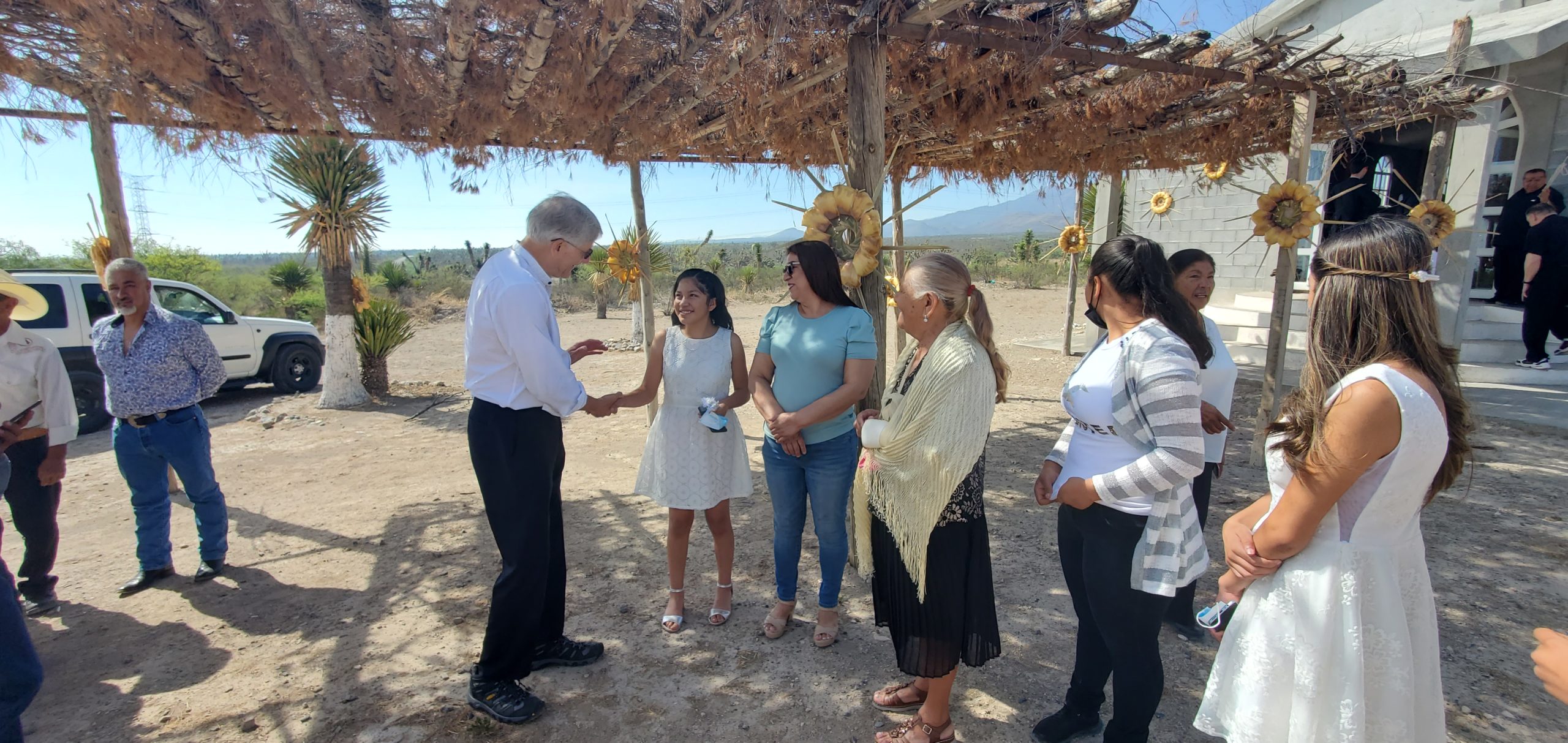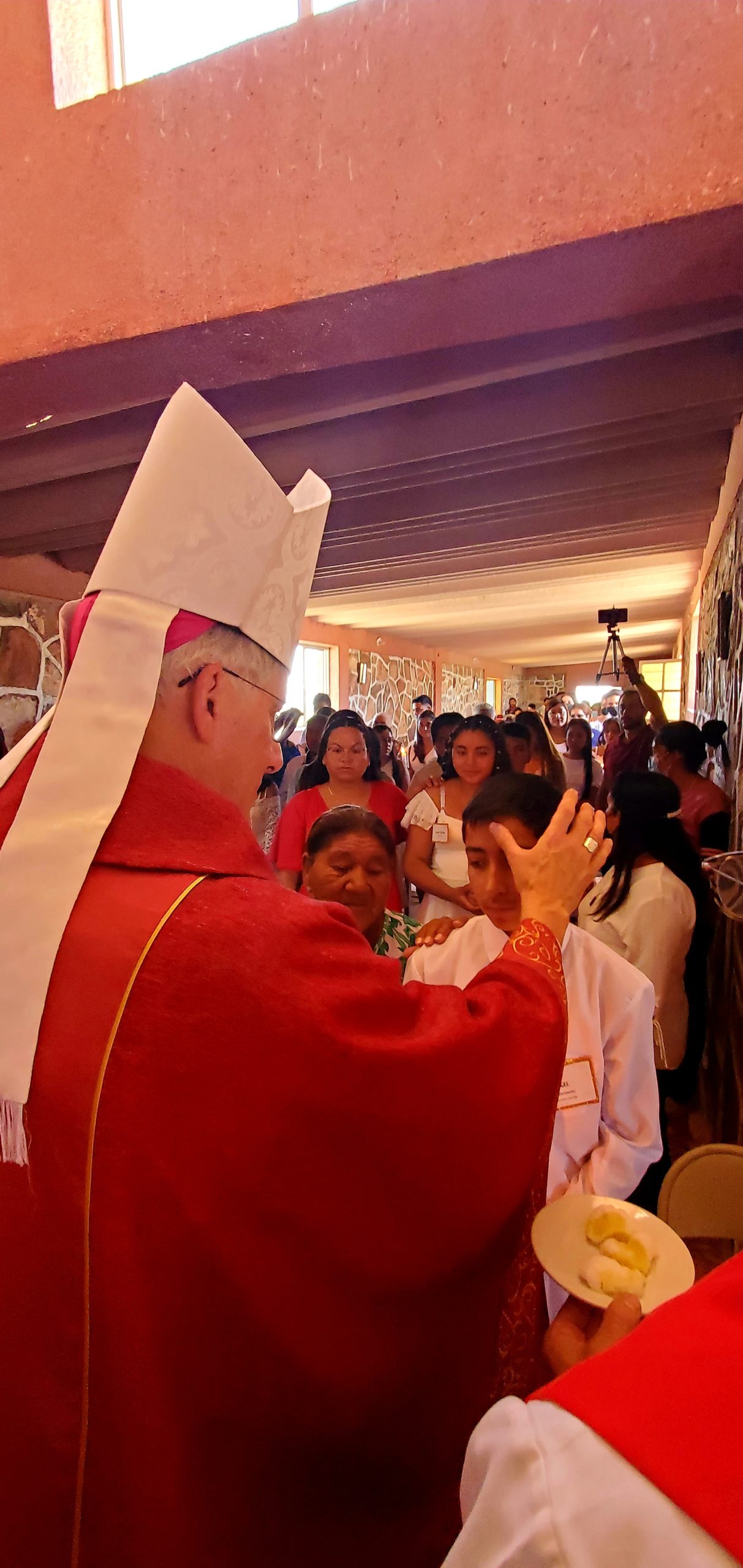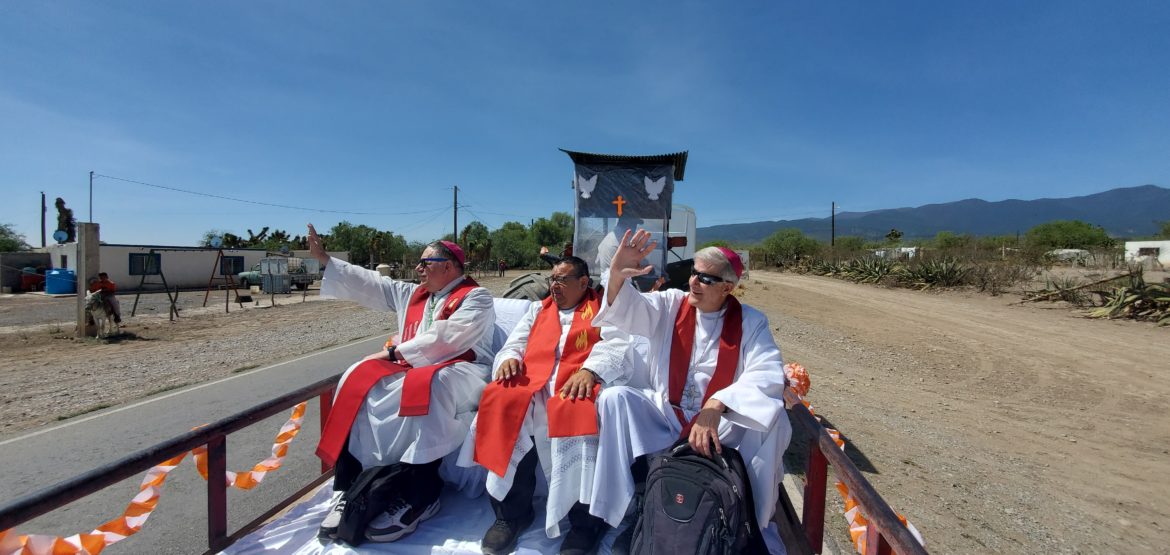Por Obispo Joseph R. Kopacz, D.D.
La parábola del Buen Samaritano, evangelio del domingo pasado del capítulo 10 de San Lucas, surge de la pregunta que se le hace a Jesús: “¿quién es mi prójimo?” El Papa Francisco a menudo se refiere a esta obra maestra bíblica (Lucas 10:25-37) como la imagen divina de la misión de la iglesia en este mundo.
En muchos países y naciones, la iglesia sirve como un hospital de campaña que encuentra y atiende a aquellos que son maltratados, magullados, golpeados y dejados medio muertos al lado del camino.
Las obras de misericordia corporales y espirituales son testimonio de la fidelidad de los ministerios de la iglesia. Jesús concluyó la parábola con su propia pregunta. “ ¿cuál de esos tres te parece que se hizo prójimo del hombre asaltado por los bandidos? La respuesta fue obvia y resuena a través del tiempo, “El que tuvo compasión de él”. “Pues ve y haz tú lo mismo.” son las últimas palabras de Jesús dirigidas al doctor de la ley y a nosotros.

El último Buen Samaritano, por supuesto, es Jesucristo, quien demostró el corazón de servicio cuando lavó los pies de sus discípulos en la Última Cena. Concluyó esta asombrosa acción con el mandato: “Pues si yo, el Maestro y Señor, les he lavado a ustedes los pies, también ustedes deben lavarse los pies unos a otros. 15 Yo les he dado un ejemplo, para que ustedes hagan lo mismo que yo les he hecho.” (Juan 13:14-15)
Las acciones, enseñanzas y parábolas de nuestro Señor apuntan en última instancia a la Cruz y fluyen de ella, donde en el derramamiento de su sangre busca levantar a todas las personas que son asaltadas por el pecado y quedan medio muertas, o medio vivas en los márgenes de la vida. Él es el médico divino y la iglesia es su cuerpo vivo en este mundo, guiada por el Espíritu Santo, para dar gratuitamente del don del amor del Señor que hemos recibido. “Sanen a los enfermos, resuciten a los muertos, limpien de su enfermedad a los leprosos y expulsen a los demonios. Ustedes recibieron gratis este poder; no cobren tampoco por emplearlo. “(Mateo 10:8)
Moisés, el gran maestro de la Ley Antigua, habló descaradamente a los israelitas en la primera lectura de las Escrituras del domingo pasado, enseñando de acuerdo con la narración del Buen Samaritano. “Este mandamiento que hoy les doy no es demasiado difícil para ustedes, ni está fuera de su alcance. No está en el cielo, para que se diga: ‘¿Quién puede subir al cielo por nosotros, para que nos lo traiga y nos lo dé a conocer, y lo pongamos en práctica?’ Tampoco está del otro lado del mar, para que se diga: ‘¿Quién cruzará el mar por nosotros, para que nos lo traiga y nos lo dé a conocer? Al contrario, el mandamiento está muy cerca de ustedes; está en sus labios y en su pensamiento, para que puedan cumplirlo. (Deuteronomio 30:10-14)
Para aplicar una interpretación moderna muy conocida y probablemente usada en exceso de las palabras de Moisés, la voluntad de Dios no es ciencia espacial, amigos; más bien es paciente, bondadosa y perseverante y segura en las instrucciones del Señor de “amarnos unos a otros como yo los he amado”. (Juan 13:34)
Aparte, en este momento a un millón de millas de la Tierra, después de un viaje de seis meses, el telescopio James Webb está extendiendo sus alas para sondear las profundidades del universo, pasado y presente, en formas hasta ahora imposibles de imaginar. Las mujeres y los hombres darán otro gran paso adelante para revelar los misterios de la creación de Dios, porque este telescopio, que lleva 25 años fabricándose, es 100 veces más potente que el telescopio Hubble, que gobernó desde 1990, pero a solo 340 millas sobre la superficie terrestre.
Los telescopios son absolutamente esenciales para explorar los misterios del universo físico y es emocionante anticipar los descubrimientos pendientes. Pero no valen nada cuando exploran la mente y el corazón de Cristo. Como dijo Moisés, no tenemos que subir al cielo para descubrir la voluntad de Dios para nuestras vidas. Lo sabemos; solo tenemos que llevarlo a cabo.
Este fin de semana en nuestra Catedral de San Pedro Apóstol, celebraremos a Cristo Siervo con la ordenación de seis hombres al diaconado permanente que servirán en varias parroquias de nuestra diócesis. Específicamente, el ministerio del diácono es una labor de servicio amoroso en la mesa de la Palabra de Dios, en el Altar del Sacrificio y en la mesa de la caridad o compasión en la vida diaria. El corazón y el alma del diaconado es el llamado a hacer visible el amor de Cristo.
Damos gracias a Dios por los diáconos, cónyuges y familias que se han sacrificado estos últimos cinco años en preparación para este ministerio que tiene sus raíces en la vida apostólica de la iglesia primitiva. Pero tengamos en cuenta que todos estamos llamados a cumplir nuestras promesas bautismales, el llamado a la santidad y el mandato del Señor de servir con la mente y el corazón porque el Señor resucitado está en medio de nosotros “como el que sirve”. (Lucas 22:27)
La fealdad de este mundo ocupa regularmente los titulares, y mucho antes y durante el tiempo de nuestro Señor, había ladrones y asaltantes, pero entonces y ahora damos gracias a los buenos samaritanos de nuestras vidas que están atentos al cuidado de los demás. Que el Señor fortalezca nuestra determinación de ser una luz en la oscuridad en cada recodo del camino.




